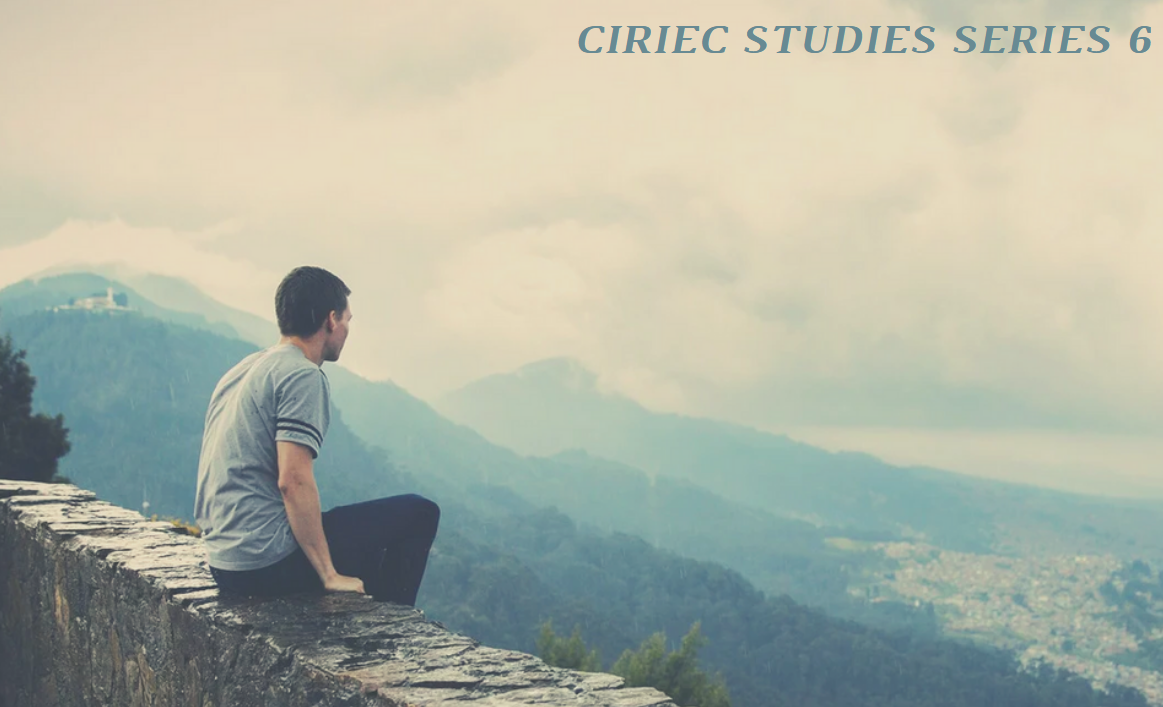IMAGINE, STUDYING THE RELATIONSHIP BETWEEN SOCIAL AND SOLIDARITY ECONOMY AND IMAGINARY IN THE ERA OF CAPITALOCENE
 A l e x a n d r i n e L A P O U T T E ,
A l e x a n d r i n e L A P O U T T E ,
T i m o t h é e D U V E R G E R &
E r i c D A C H E U X ( e d s )
This chapter considers utopia as prospective statements about social realities,
representing “pole stars” for developing social thinking in development programs
and policies. It aims to reconstruct the concept of utopia from a social economy point
of view, striving to highlight what conceptual criteria can be used to classify different
types of utopias, especially “feasible” and “unfeasible” on the one hand, and “good”
and “bad” utopias on the other. To achieve these results, elements of complexity
theory, social systems theory in the social sciences, and critical realism in philosophy
are considered. Some examples referred to organization in the social economy are
used to show how definitions and conceptual categories can be applied to real-world
cases, or to utopian ideas that achieved some degree of relevance in culture and
science (Hedrén, 2014).
L’ADDES, par l’intermédiaire de Timothée DUVERGER, a contribué à cette publication contribuant à la connaissance de l’ESS .
Publication à retrouver ici : https://www.ciriec.uliege.be/wp-content/uploads/2025/02/CSS6-CHAP8.pdf
